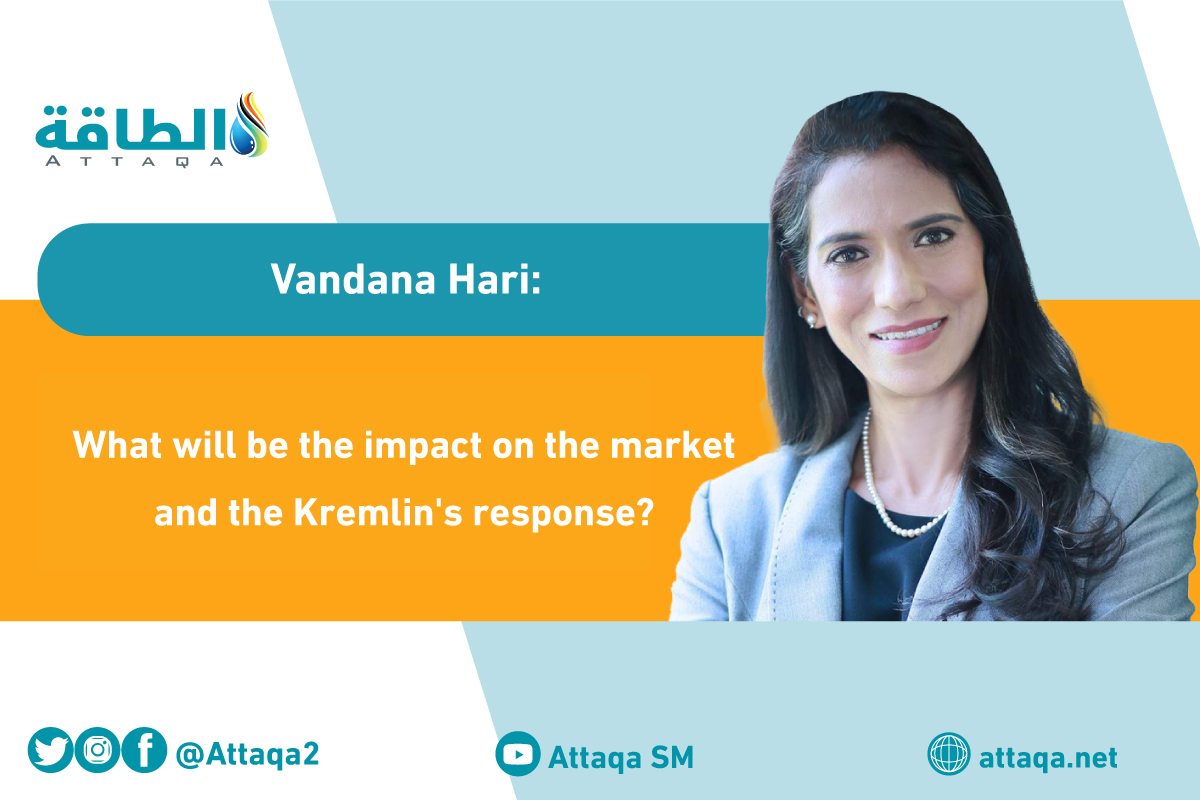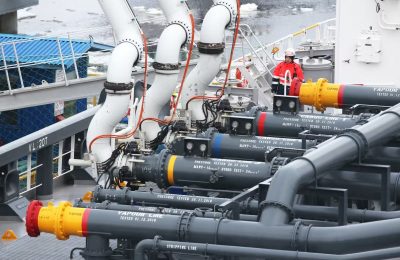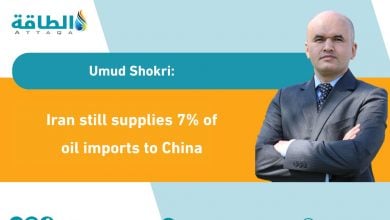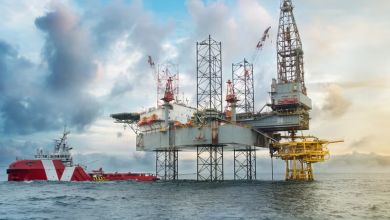
Having belatedly secured Germany’s support, the European Commission last week declared a plan to phase out Russian oil imports by year-end, sending crude prices surging by 7%
Brent futures settled at a three-week high of $112.39 on Friday, while WTI futures ended at a six-week peak of $109.77
And this was even before the embargo had been agreed
The proposal, part of the sixth package of sanctions against Russia being readied by the European Union, was in for major wrangling to get a buy-in from all 27 member countries, essential for its adoption
It kept the EU ambassadors locked in difficult discussions through Friday night and the oil market on tenterhooks going into the weekend
EU Plan
The plan, as laid out by EC President Ursula von der Leyen to the European parliament on Wednesday, calls for the EU to phase out the approximately 2.2 million b/d of crude it imports from Russia over the next six months, while unwinding 1.2 million b/d of refined products purchases by year-end

The main opponents were Hungary, Slovakia and the Czech Republic, which demanded much longer timeframes to phase out their imports than the additional one year they were offered in the original proposal
These countries are highly dependent on Russian crude imported through the Druzhba pipeline, whose deliveries into Europe have ranged between 800,000 b/d and 1.5 million b/d in recent years
Some of their refineries are designed to process Russia’s Urals crude and could face issues with alternative feedstocks. Besides, transporting seaborne crude imports to these landlocked countries would incur much higher costs
Aside from uncertainty over when a decision on an oil embargo might be reached, the market also had to reckon with the probability – no matter how small – that the EU, if unable to overcome its internal differences, would kick the can down the road once again on this move
GAS BEING DRAWN INTO THE ENERGY WAR
For the oil market, it is not simply a matter of assessing the implications of the EU ban. It is also about how Moscow might respond to it and other punitive measures in the EU’s new package
The scenarios that need to be factored in range from Russia abruptly halting its oil exports to pulling the plug on gas supplies to the EU under the cover of the ongoing dispute over ruble payments
Moscow halted exports to Poland and Bulgaria from April 26, after the latter refused to switch to paying in rubles, as required by a decree signed by President Vladimir Putin on March 31
While the EU is looking to inflict more pain on Russia by curtailing oil purchases, which contribute much more in revenues to Moscow than gas, the latter has the ability to hurt the bloc more by jeopardising its gas supply
Even as payments for April gas deliveries become due in the coming days, the EU countries are still awaiting clarity from the EC on whether they would be violating economic sanctions against Russia by opening ruble accounts with Gazprombank, as dictated by the Kremlin
MORE REASONS TO WORRY
Measures in the EU’s new round of sanctions will also make it difficult for Moscow to reroute its oil to Asia, which means more Russian oil getting locked out of the market

The EU plans to ban its citizens and companies from being involved in financing, transporting, or providing any other services related to Russian oil trade
That would put European-owned, -managed or -flagged vessels out of reach of Russian oil exporters and their buyers and prevent Russian oil from accessing the majority of the world’s liability cover for shipments
The London-based International Group of P&I Clubs, which needs to follow EU law, provides insurance cover for 90% of the world’s tankers, according to Bloomberg
The EU also plans to remove Sberbank, Russia’s largest, from the SWIFT international payments messaging system. It had spared Sberbank and Gazprombank from its previous rounds of sanctions to ensure that European buyers could still pay for Russian commodity imports
Sberbank’s expulsion from SWIFT would mean buyers of Russian oil will not be able to use the bank to make US dollar payments
Meanwhile, thanks to a previous EU regulation banning European companies from directly or indirectly engaging with Sovcomflot effective May 15, Western protection and indemnity providers have already begun refusing cover to the Russian shipping company
Given that any incremental crude sales Russia makes to China or India would have to be shipped by sea, all of the above EU restrictions could choke off that avenue, opening the door to bigger crude price spikes
Finally, one has to ask, what if the upcoming round of EU sanctions, despite ratcheting up Moscow’s financial pain, fail to force Putin into calling off the invasion of Ukraine? Europe – and buyers around the world – are already straining under the rocketing costs of oil, gas, coal and electricity. It is past time for Ukraine and its Western allies to come up with a Plan B
The writer is Founder and CEO of Vanda Insights, which provides macro-analysis of the global oil markets









